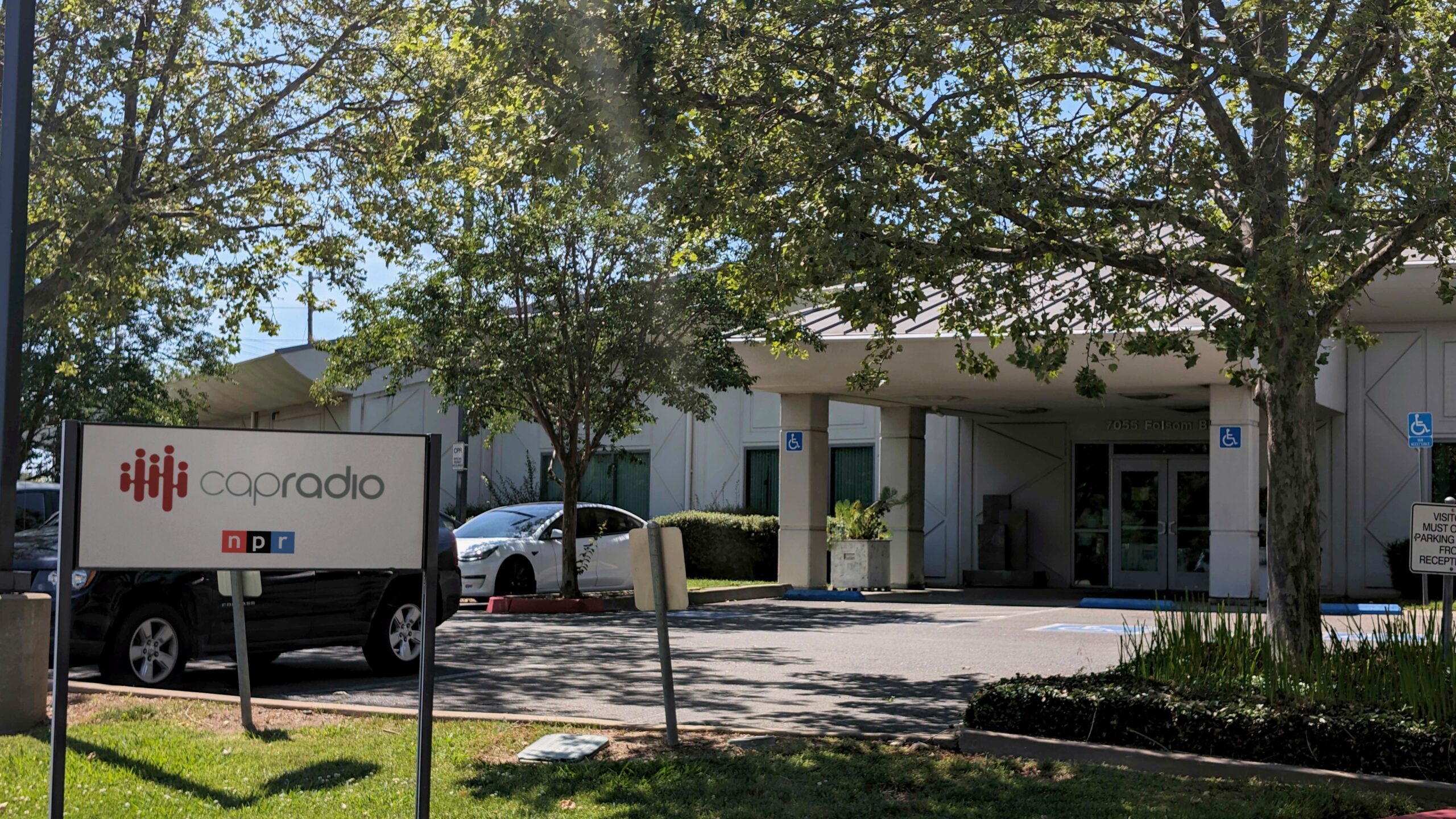KETC pays reduced fines to CPB for budgeting errors, other violations
KETC-TV in St. Louis is paying far less in fines to CPB than the corporation’s inspector general recommended in a report last year, due in part to the corporation formalizing penalties for infractions of the Communications Act.
In her findings in August, CPB IG Mary Mitchelson advised CPB to recover some $448,000 from KETC for falling short of some legal and financial reporting requirements, as well as for over-reporting nonfederal financial support. Instead, CPB opted to fine the station $32,053, which has been paid.
KETC’s CFO also completed a CPB workshop on annual financial and survey reporting requirements for CSG recipients, which the IG also recommended.
After investigating the IG’s findings, CPB management determined that “Nine Network’s failure to comply was not nearly as egregious as it would appear in the initial report,” said West Smithers, CPB general counsel.
KETC spearheads the multistation American Graduate initiative, CPB’s nationwide effort to keep students from dropping out of school. Mitchelson questioned production expenditures of $422,539 that she said did not comply with budget and financial reporting requirements for American Graduate grants. The report recommended that amount be refunded to CPB.
It also found violations of open-meeting and Community Advisory Board requirements, such as not posting public notices of board meetings and failure to reveal why portions of meetings were closed. Also, due to accounting mistakes for nonfederal financial support (NFFS), the IG recommended that the station repay $25,870 in excess CSG payments.
CPB management had 180 days from Aug. 31, 2015, to respond to the report. “Once the IG issues a report, we dig much deeper,” Smithers said. “That’s the main reason it takes so long.”
Most of the questioned NFFS, he said, was based on $118,800 the station received in fees for technical services provided to a nonprofit educational channel, which the station considered an “educational institution” — defined under American Graduate grant requirements as an organization that issues degrees, which the video group does not.
“However, support also comes from preschool and adult education organizations, neither of which issues degrees,” Smithers said. “But those organizations are still important in the overall field of education.” So CPB removed the degree requirement. Following further accounting forensics, CPB determined that the CSG overpayment amounted to $2,053.
Regarding the budgeting changes of $422,539, KETC failed to consistently inform CPB when money was shifted among line items in the budget, Smithers said. “The budget on any project seldom if ever stays as it’s predicted,” he noted. “Line items will vary.” When this happens, grantees notify CPB and the budget is adjusted. “KETC didn’t account for the changes properly,” he said. “It’s serious, but not a misuse of funds in any way.”
Last fall, CPB decided to fine KETC $20,000 for those accounting variations under a penalty policy that was in the process of being formalized. The policy, suggested by CPB management, was adopted Jan. 1.
“All the education in the world doesn’t make people pay close attention to the conditions of grants,” Smithers said. “It’s just like when drivers know the speed limit and the consequences of speeding, but they’ll get tickets if they’re not paying close attention.”
CPB has imposed penalties in the past. The change in policy standardizes the approach, making each infraction of Communications Act requirements subject to a $5,000 fine. Those requirements include posting notice of station board meetings and providing explanations of closed sessions, running a Community Advisory Board, documenting work toward greater diversity in employment and making financial records transparent — each of which KETC failed to do, the IG said.
CPB chose to fine KETC $10,000 for breaking those rules, including not having a Community Advisory Board. Instead, KETC has six groups that function in a similar way, advising on content and station policies but each focusing on a specific area: health, education, environment, economy, science and arts.
“So KETC had actually gone a step further” with multiple groups, Smithers said, but its failure to properly document that work ran afoul of the statute.
The station has remedied that issue and continues to work with all six groups, Galmiche said.
Related stories from Current:






